"This is a film about meat": what the authors of famous works really wanted to say
Categories: Culture
By Pictolic https://pictolic.com/article/this-is-a-film-about-meat-what-the-authors-of-famous-works-really-wanted-to-say.htmlRecently, sales of popular works-dystopias — such as the novels of Orwell and Huxley have soared around the world. And in America, the famous novel "Fahrenheit 451" is going to be turned into a TV series.
Another thing is that the author of the novel, Ray Bradbury, did not at all believe that the idea of his work was censorship or suppression of dissent. He claimed that he gained fame by mistake — he was only trying to reflect the harmful influence of pop culture and TV on his fellow citizens.
The erroneous perception of authors by the public and critics is not a new phenomenon. This collection contains significant works that were not understood as intended.
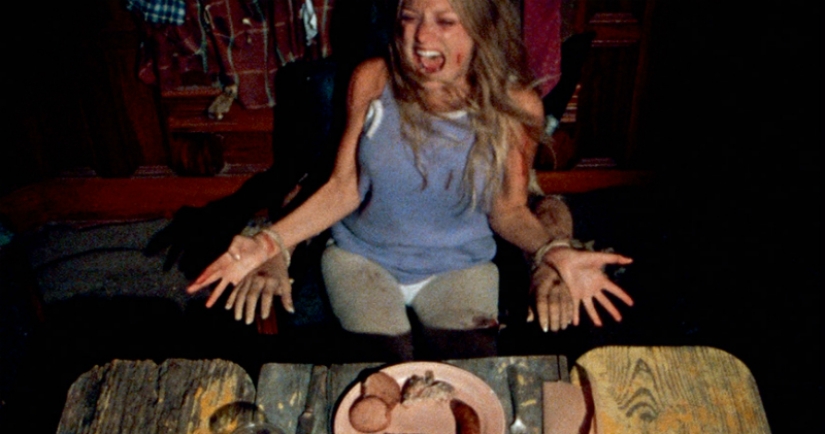

Ray Bradbury's dystopia unfolds in the future England, where all the inhabitants of the country are firmly hooked on TV and do not think about the meaning of life, and books are banned and subject to burning as a source of dissent. Over the years, the novel has been interpreted as the author's response to the repression in the Soviet Union, to the burning of books in Nazi Germany and to the persecution of communists in America — and eventually became a symbol of the struggle for freedom of speech on a par with the works of Orwell.
Here's what the author himself thought about this:
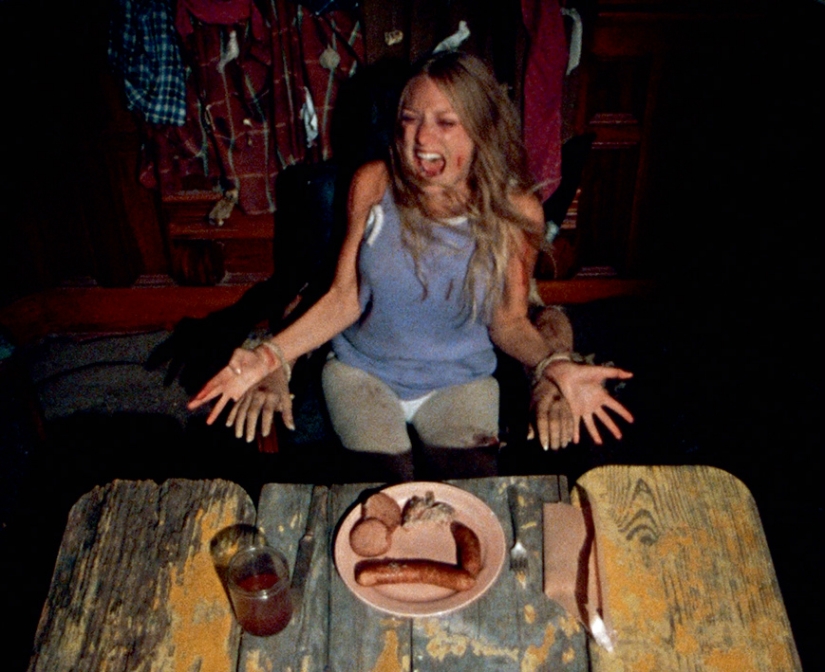
The film about a family of cannibal maniacs from Texas, which was loved by the audience, has become the object of a variety of interpretations from film critics and film lovers. Someone saw in it a story about suppressed sexuality in the spirit of classical tragedies, and someone saw the director's statement about the consumer society. One of the most popular interpretations says that Hooper encoded criticism of the Vietnam War in the film — they say, look at what is happening in a society gripped by military psychosis.
Here's what Hooper said about this:

With the light hand of the artist's husband Alfred Stiglitz, who was the first to see a vagina in an orchid, Georgia O'Keeffe's airy-floral canvases were interpreted until the end of the century as Freudian variations on the theme "flowers are, like the feminine principle, a symbol of life...". And although the artist herself has repeatedly refuted such statements, the critics ' idle fascination with psychoanalysis took over, and numerous feminist artists, under the influence of what they read, even offered to cooperate with her (to which they were refused).
Georgia O'Keeffe
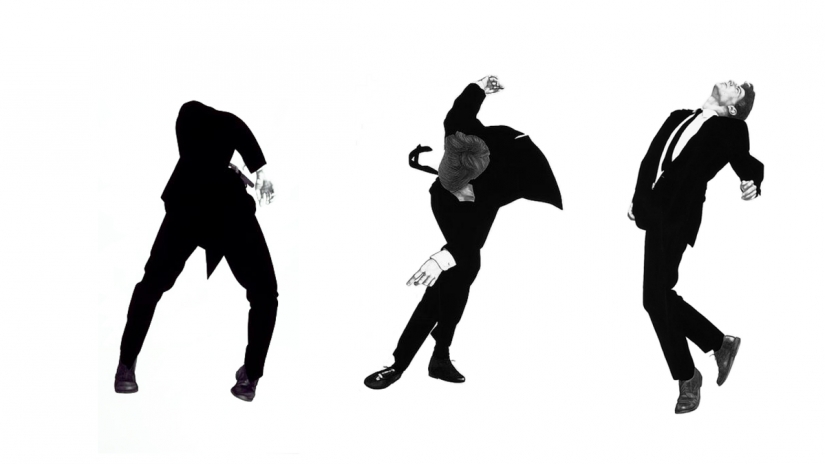
In his charcoal-painted figures, the aspiring artist caught the barely nascent New York type of reckless traders, who were later described in "American Psychopath" by Bret Easton Ellis. These are successful young businessmen who go off after work without taking off their office shirts and jackets. In any case, this is how his work was described by critics who praised the author's" sharp eye " and turned Longo into a star of the New York art scene. The paintings, in their opinion, realistically conveyed the image of bankers going crazy from loneliness and consumption, thereby clearly criticizing the mores of the inhabitants of the metropolis.
Robert Longo
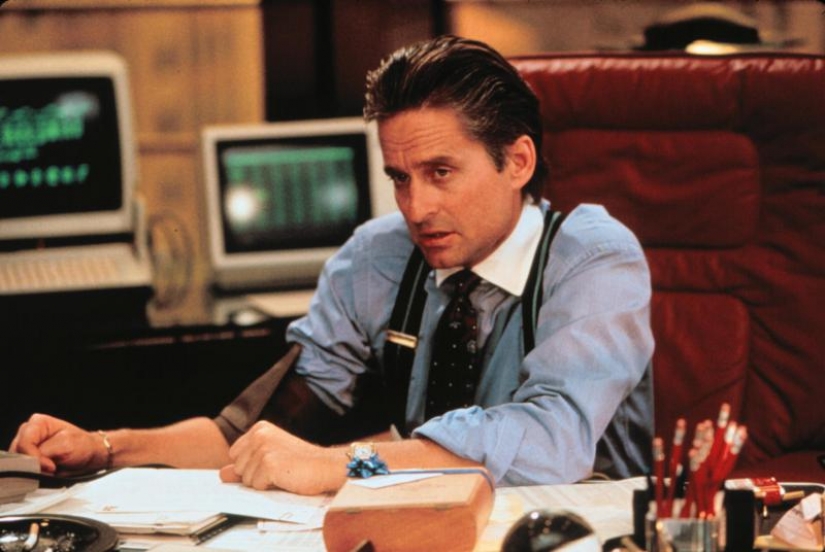
In America of the late eighties, the cult antihero, liar and deceiver Gordon Gekko, who reproached the law and morality in every possible way, quickly turned into a role model for an army of young people who dropped out of college and work in order to start trading on the stock exchange. The character's mottos "Greed is good" and "Lunch for weaklings" have become the slogans of an entire generation of business school students. It is not surprising that after the financial crisis of 2008, politicians and public figures blamed the "children of Gordon Gekko"for the distribution of cheap loans.
Here's what the screenwriter who came up with the character for which Michael Douglas won an Oscar said about this:
Stanley Weiser
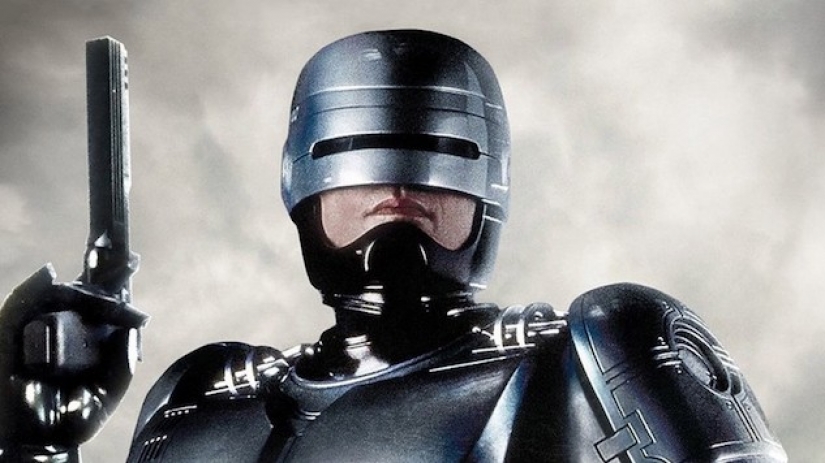
The film by the Dutch director caused a real furor among cultural critics in the United States. Exposing corruption in the police, the omnipotence of large corporations and the lack of will of politicians — after reading the review of the film, you might have the impression that you just read a review of another "great American novel", and not an action movie with bad special effects. While conservatives and liberals interpreted the possible messages of the director, the hero of the film lived an independent life: there was less anti-American pathos in the subsequent parts, and Robocop himself became a national hero.
Now get ready:
Paul Verhoeven

When Rothko's abstract canvases first appeared to the public in the late 40s, critics began to praise and scold them for about the same thing: supposedly there is nothing except the play of color in the paintings — no emotions, no associations, no hidden meanings. They began to say about Rothko that he was the founder of a new movement in painting, that color itself became the object of the picture, and not a way to evoke associations in the viewer or find an emotional response. Until now, in the brochures of some galleries, you can find descriptions of his works, which talk about how his colored forms "vibrate" in a visual struggle with each other.
It seems that the artist thought exactly the opposite:
Mark Rothko
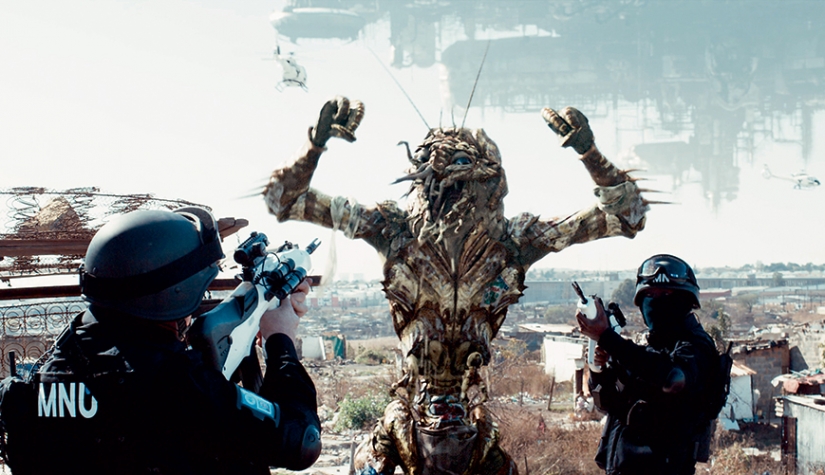
A fantasy horror about how aliens who fell to Earth settled in the ghetto of Johannesburg and were oppressed by the authorities, probably in the context of the recent history of the continent could not be interpreted otherwise than a metaphor for apartheid. Even the title of the film seemed to be a direct reference to the" district number 6 " of Cape Town, whose black residents were subjected to mass deportation in the 60s.
In fact, the director wanted to draw attention to the more modern problem of refugees, who are often settled on the outskirts of cities and cut off from the center of life:
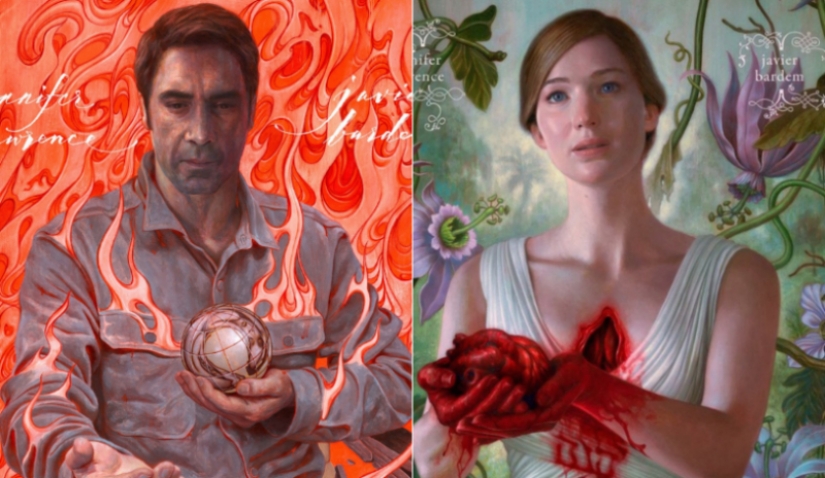
An absurdist thriller about how one random guest in the house of a famous poet eventually attracts a whole army of crazy fans there, who destroy the house and torment his wife, not everyone understood. Or rather, no one understood him.
The film, which has baffled the jury of the Cannes Film Festival, is so densely filled with biblical metaphors and fantastic elements of combustion, sacrifice and rebirth cycles that it is simply impossible to see any unambiguous message in all this-everyone is free to interpret the film in their own way.
Critics said that the director spoke out against refugees, feminists and the Bible. Fans saw in it a colorful story of how the author gives birth to a poem in agony and gives it to the public to be torn to pieces.
What role does the wife of the main character play in all this, who sacrifices everything for the sake of a vain poet?
It turns out that it's all about global warming:
Darren Aronofsky
Keywords: Culture | Films | Paintings | Viewers | Author
Post News ArticleRecent articles

Treasures are all associated with pirates, robbers and the affairs of bygone days. You will be surprised, but countless treasures ...

Professional street photographer Eric Kim teaches his craft in workshops around the world. Next, you will find some tips from a ...
Related articles

All the things that surround us were once invented and changed over time, becoming more functional, safe and aesthetic. Any, even ...

St. Petersburg artist Boris Groh (Groh Boris) paints a grim and mysterious creatures in the dark Russian streets. And they seem to ...

The term "photography" appeared at the beginning of the XIX century, but the history of this art form has its roots in much more ...

An Englishman, a German and a Russian meet... No, this is not the beginning of another joke, but a rough description of a video ...